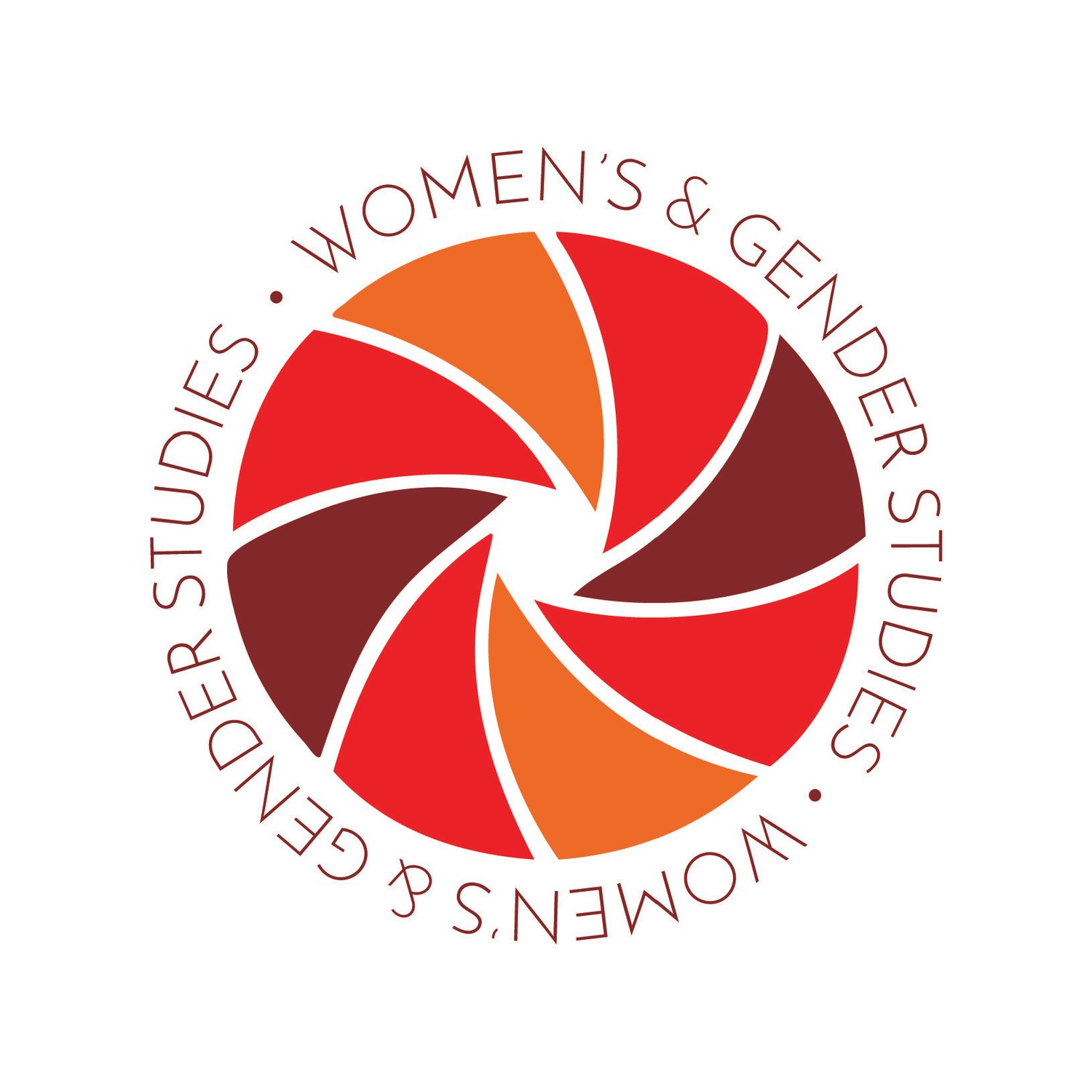WGS.228 Psychology of Sex and Gender
Examines evidence (and lack thereof) regarding when and how an individual's thoughts, feelings, and actions are affected by sex and gender. Using a biopsychosocial model, reviews the following topics: gender identity development across the lifespan, implicit and explicit bias, achievement, stereotypes, physical and mental health, sexuality, interpersonal relationships, work, and violence. Limited to 20.
C. Kapungu
WGS.222 Women and War
Examines women's experiences during and after war and genocide, covering the first half of the 20th century in Europe and the Middle East. Addresses ways in which women's wartime suffering has been used to further a variety of political and social agendas. Discussions focus on a different topic each week, such as sexual violence, women survivors, female perpetrators of genocide, nurses, children of genocidal rape, and the memory of war.
L. Ekmekcioglu
WGS.160 Science Activism: Gender, Race, and Power
Examines the role scientists have played as activists in social movements in the US following World War II. Themes include scientific responsibility and social justice, the motivation of individual scientists, strategies for organizing, the significance of race and gender, and scientists' impact within social movements. Case studies include atmospheric testing of nuclear weapons and the nuclear freeze campaign, climate science and environmental justice, the civil rights movement, Vietnam War protests, the March 4 movement at MIT, and concerns about genetic engineering, gender equality, intersectional feminism, and student activism at MIT.
E. Bertschinger
WGS.123 History of Women in Science and Engineering
Provides a basic overview of the history of women in science, technology, engineering, and mathematics (STEM). Students discuss specific contributions of women across a variety of disciplines to form a broad perspective on how these contributions played a larger role in the advancement of human knowledge and technological achievement. Also grapples with how both historic and modern biases within the STEM disciplines, as well as in representations of women and girls in media and popular culture, can affect outcomes in these areas.
M. Weinstock
WGS.109 Women and Global Activism in Media and Politics
An interdisciplinary subject that examines questions of feminism, international women's issues, and globalization through the study of novels, films, critical essays, painting and music. Considers how women redefine the notions of community and nation, how development affects their lives, and how access to the internet and to the production industry impacts women's lives. Primary topics of interest include transformations of traditional values, social change, gender role distribution, identity formation, migration flows, globalization and development, popular culture, urban life, cyber-culture, activism, and human rights. Limited to 25 when Writing Tutor is assigned to the class. Otherwise, limited to 18.
A. Sur
WGS.101 Introduction to Women's and Gender Studies
Drawing on multiple disciplines - such as literature, history, economics, psychology, philosophy, political science, anthropology, media studies and the arts - to examine cultural assumptions about sex, gender, and sexuality. Integrates analysis of current events through student presentations, aiming to increase awareness of contemporary and historical experiences of women, and of the ways sex and gender interact with race, class, nationality, and other social identities. Students are introduced to recent scholarship on gender and its implications for traditional disciplines.
A. Walsh






